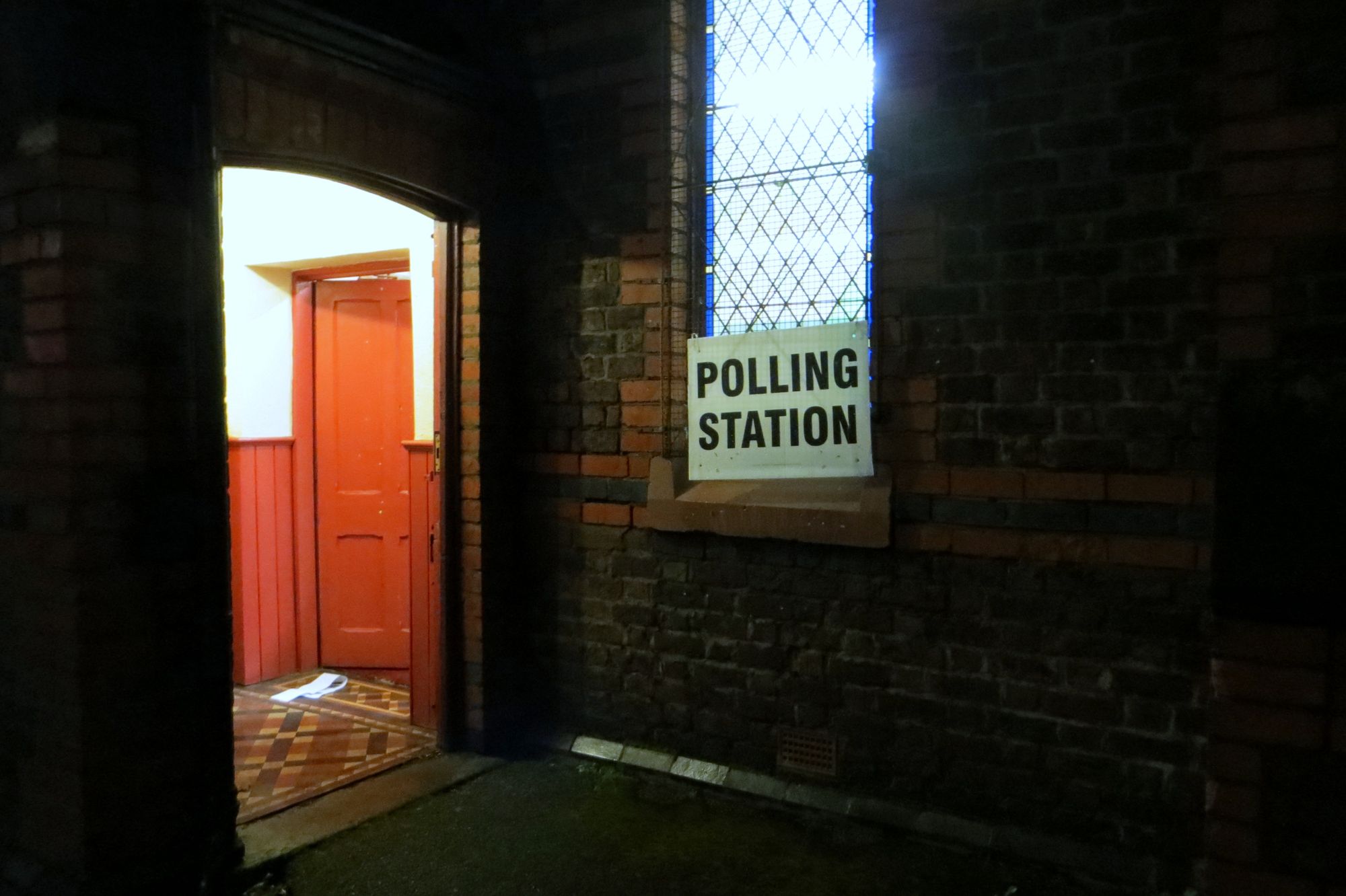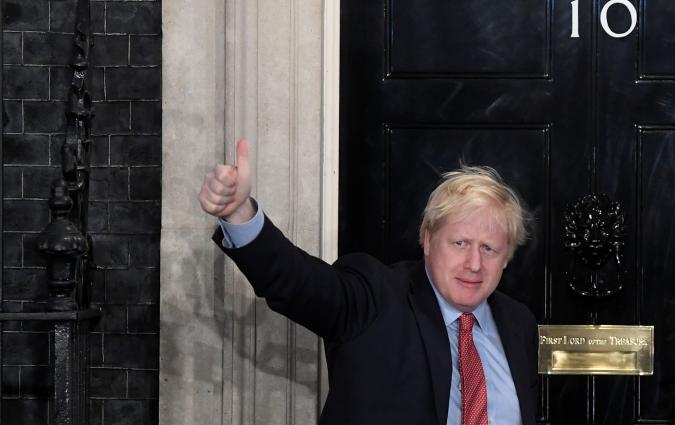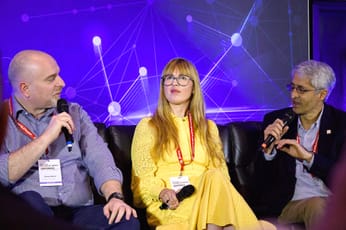
Three questions about the UK's journalism landscape after the General Election result
A major shift in the political landscape of the UK raises some critical questions about the role of truth and journalism in the social media mindscape.
Last night's startling UK general election result opens up a whole raft of political questions, around a deep realignment of the UK's party landscape.
Other people are way more qualified to comment on that than I am.
However, there are some really big questions that arise from the election around online journalism and social media, its use and its effectiveness. Here are the ones uppermost in my mind.
1. Are we now in an age of overt political lying?
The Tories used more false and misleading claims during this election than any other party. They have not been punished for it by the electorate. In fact, if anything, they have been handsomely rewarded. There are very clear parallels with the 2016 Brexit referendum campaign, too.
The public do not — at this point — appear to care that they are being lied to.
Is this to be the new norm? Is Britain now led by a party which routinely uses propaganda?
If so — UK journalism faces an existential threat: how do we counter that before we become, essentially, irrelevant, as the party feeds lies direct to the electorate unmediated by us? This is the major issue for the British journalism world from this election.
2. Social Media versus on-the-ground
I was in a short, but interesting, Twitter conversation with old friend Kate Day of Politico yesterday:
Very good point https://t.co/vLNEgKbp34
— Kate Day (@kate_day) December 12, 2019
Also very true. Especially since so much of Momentum's digital strategy, in particular, is about organic social media activity
— Kate Day (@kate_day) December 12, 2019
Well, we know some of the answers now, don't we?
So, here's the lay of the land: Labour has, and has had, a massive online campaigning machine since Corbyn came to power. The Corbynite project has been backed by hyperpartisan sites like The Canary and The Skwawkbox, and a highly active cadre of social media outriders. Rachel Swindon is probably the most famous of those.
The general consensus in the social media community was that Labour were "killing it" on social media. And yet, that has led to the worst election result for them since the 1930s. It's tempting to downplay the importance of social media as a result.
I'm not sure that's the right take-away.
Interestingly, in the near two decades of writing this blog, the only time I've had any level sustained abuse was when I published something mildly negative about one of them: Labour Left Voice. Even then, it was very minor compared to what many people get. However, it was enough to make plain that the Labour social media presence was, largely, exclusionary not inclusionary. They policed political purity and attacked anyone who broke out of line.
That is no way to build an electoral coalition.
Meanwhile, the Tories have been using an aggressive online campaign, using targeted adverts that reach people who are not normal Tory voters, and whom the Tories have not, up until now, had the people on the ground to reach.
So I think it might be reasonable to conclude that social media can be effective, but if used in the right way. Arguably, we've seen proof of the value of organic social media in cementing a community at the expense of outreach, and the power of paid social media to reach people who you wouldn't reach otherwise.
And the value of people on-the-ground knocking on doors has to be in question now. The Tories appear to have landed a major win without them in many seats.
3. Where are the papers in all this?
Well, it appears they might be more significant than you think. The Reuters Institute just released some perfectly timed work:
One of the clearest differences is that most of those on the left prefer to get news online, and most of those on the right prefer to get it offline. Just over half (51%) of those on the left say that their main source of news is online, compared to around one-third (34%) on the right. Those on the right have a stronger preference for print and television (58% if combined).
There are demographics at work that suggest this will change over time: but this is today's landscape.

Much to chew on — some of it quite worrying for the sense of truth and accountability in politics and journalism.
Roll your sleeves up people. We've got work to do.
Photo by Pete on Flickr, and used under a Creative Commons licence
Sign up for e-mail updates
Join the newsletter to receive the latest posts in your inbox.










